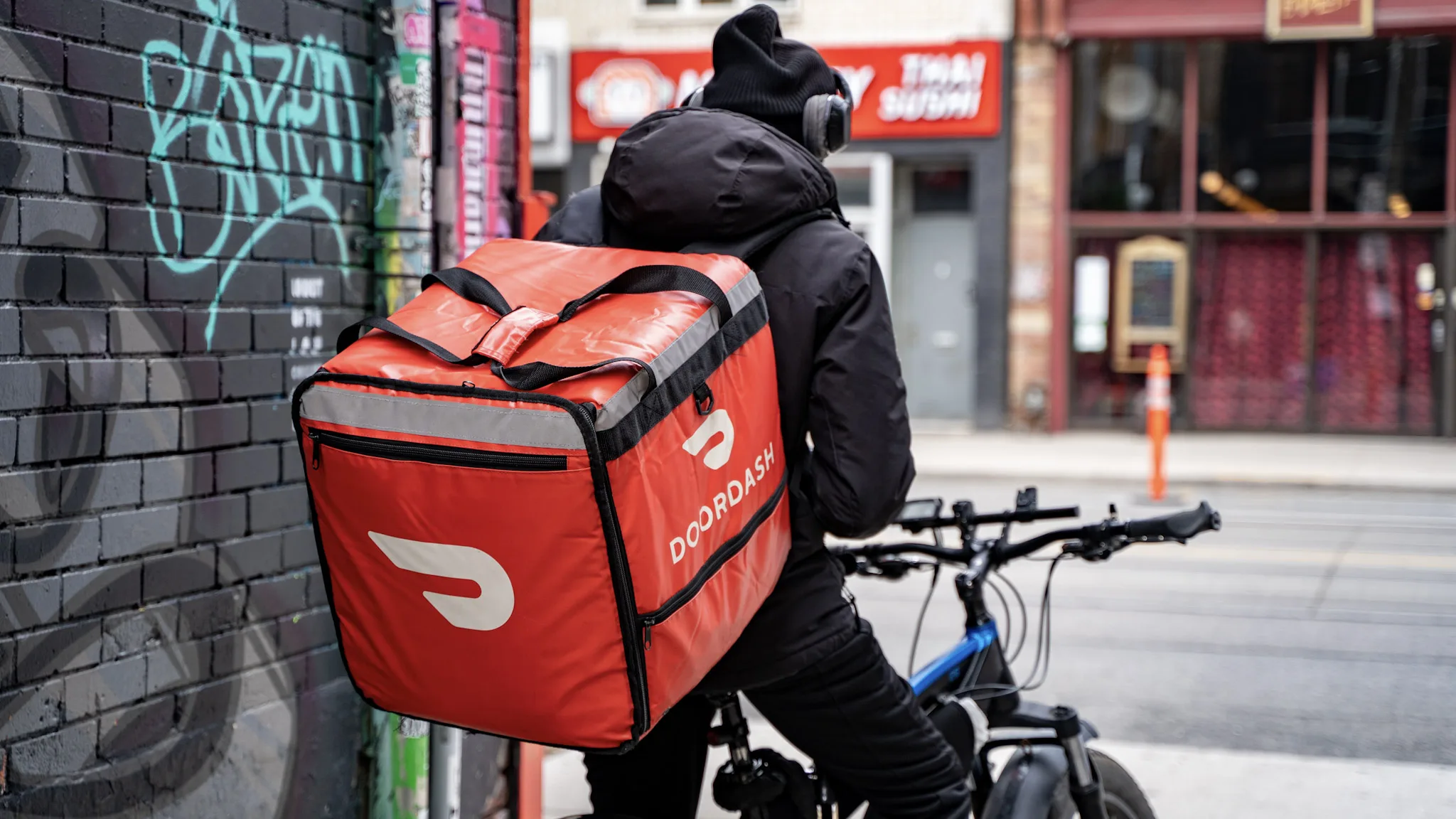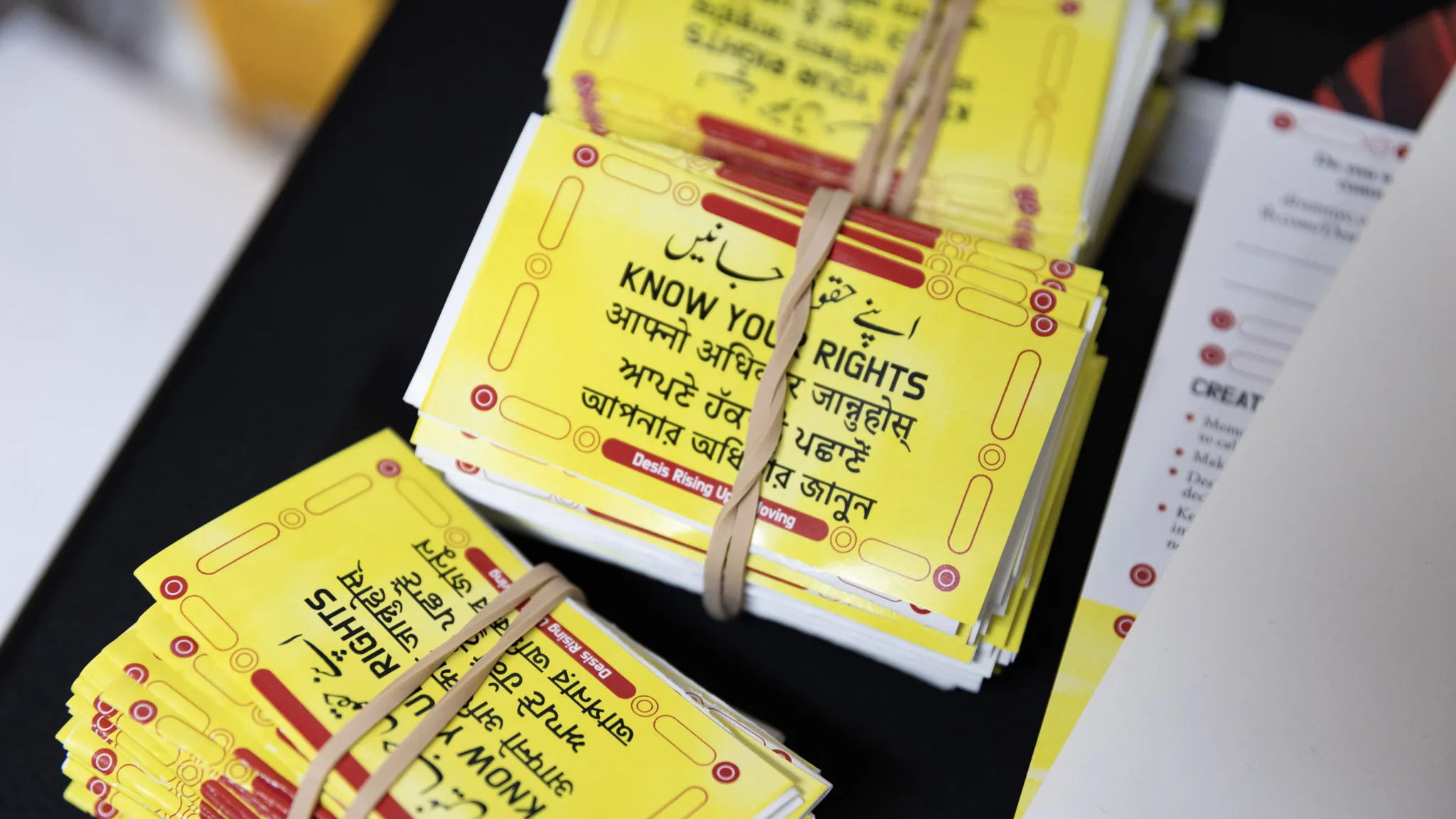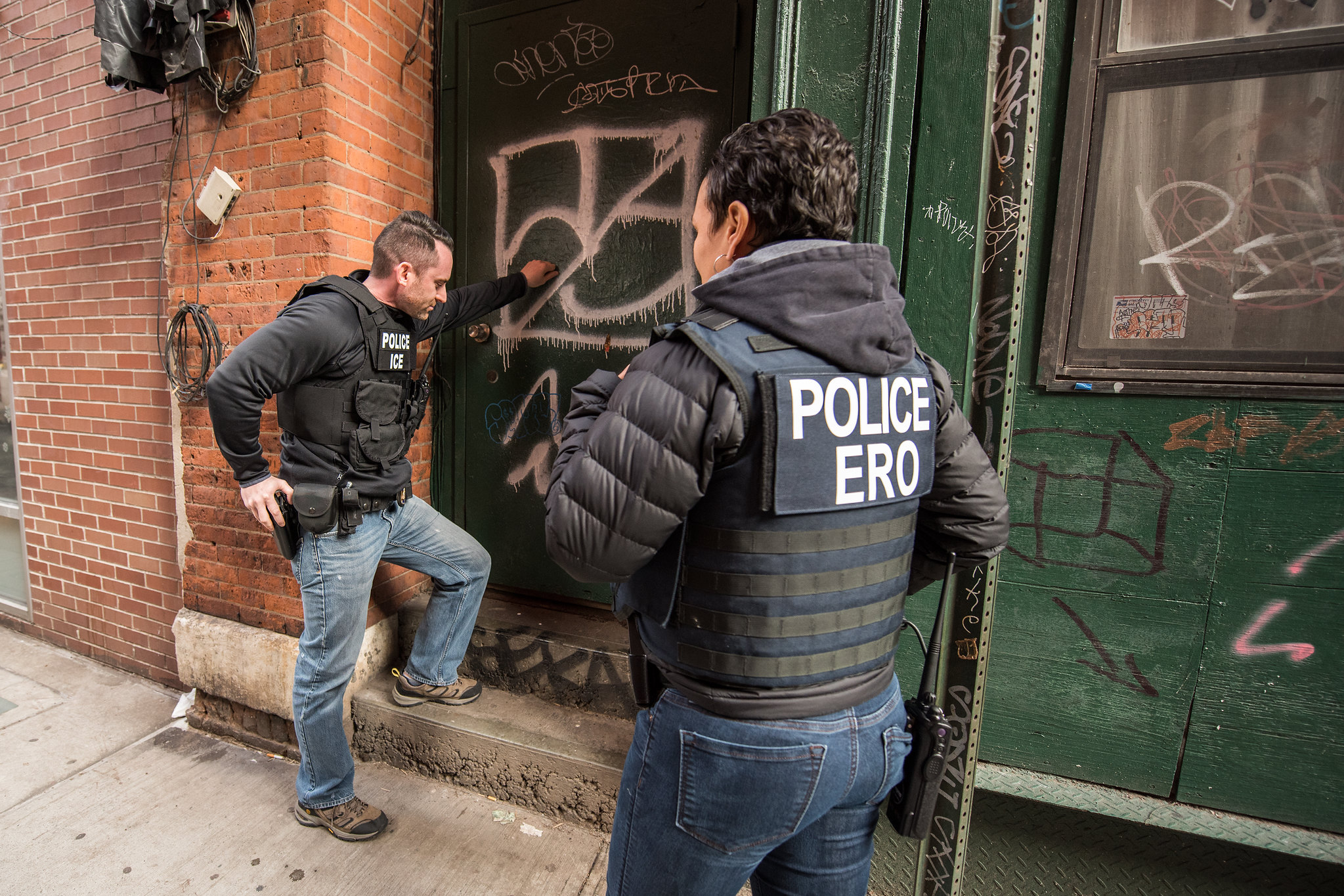Delivery workers like William Medina, who has been working for DoorDash since moving to New York from Colombia in 2019, often risk life and limb as they navigate the city streets. Although as of 2024 delivery workers are now entitled to earn a living wage, for years, workers have claimed that DoorDash has been finding ways of systematically siphoning off their wages.
Now, after an investigation by New York Attorney General Letitia James, their claims have been vindicated.
Yesterday, James announced a $16.75 million settlement with DoorDash for misleading both consumers and delivery workers on how tips were being distributed.
Between 2017 and 2019, DoorDash used a guaranteed pay model that let workers view how much they would be paid before accepting a delivery. However, according to James, DoorDash actively deceived delivery workers by using customer tips to offset the guaranteed pay instead of giving its workers full tips, in addition to the value of the delivery.
For example, if DoorDash guaranteed a worker $10 for one particular delivery, and a customer tipped $3, DoorDash only paid the worker $10, with the company using the tip to meet its guaranteed pay.
According to the terms of the settlement, DoorDash will be forced to pay $16.75 million in restitution to delivery workers and up to $1 million in settlement administrator costs to help distribute the payments.
“Delivery workers are integral to our communities, working tirelessly to bring food and other essentials directly to our doorsteps in all conditions,” said James in a statement. “DoorDash misled customers who generously tipped and deceived Dashers who deserved to be paid in full.”
DoorDash also misled customers who tipped assuming that the tip would go directly into the pockets of the workers. At checkout, customers were encouraged to tip with a message reading “Dashers will always receive 100 percent of the tip.”
Yet workers were only able to see their tips if they were greater than the amount DoorDash had already guaranteed to pay them for the order. DoorDash would always pay a minimum of $1 to a worker and would use the tips paid by the customer to offset the rest of the amount guaranteed to the delivery worker.
“Greed, that’s what this case is all about,” said Medina in a statement. “A company built on greed that has to steal tips from workers — and customers — to make its revenue and keep its investors happy, that is unjust. It’s unjust to the workers who put their lives on the line every day doing this work.”
In addition to the restitution fund, DoorDash will be required to revise its payment practices. The company will have to maintain a pay model that ensures consumer tips are paid directly to the workers. They will also be required to clearly disclose pay policy details to both workers and customers as well as share a breakdown of base pay, promotional bonuses, and tips with workers for every delivery.
“This settlement shows the scale at which DoorDash steals from its workers and the scale at which it lies,” said Ligia Guallpa, executive director of the Worker’s Justice Project and co-founder of Los Deliveristas Unidos, an organization that organizes and advocates for NYC’s 65,000 app-based delivery workers, in a statement. “And when you steal and lie at this scale, it’s systemic, it’s baked into your business model. And a business model that requires you to steal from workers and customers is a failure.”
Also Read: Unsafe at Any Speed: Delivery Workers Deaths Are on the Rise in 2024
The $16.75 million in restitution secured from DoorDash will be directly distributed to workers by a settlement administrator that has yet to be determined. Any worker who delivered for DoorDash between May 2017 and September 2019 in New York may be eligible to file a claim. Approximately 65,000 New York delivery workers stand to benefit if they worked for DoorDash during that time.
Eligible workers will be contacted by the settlement administrator via mail, email, and/or text with notices of the settlement and information on how to file a claim. For more information please contact the Office of the New York State Attorney General at 1-800-771-775.














